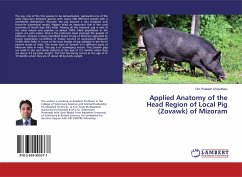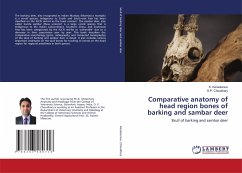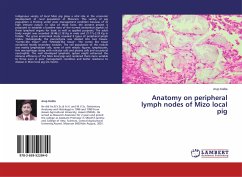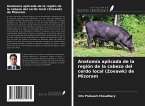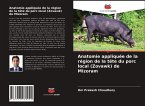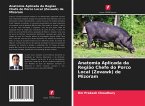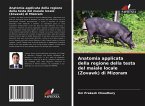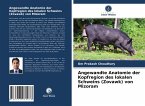The pig, one of the first species to be domesticated, represents one of the most important livestock species with nearly 500 different breeds with a worldwide distribution. Recently, the pig became a very frequent and favourite biomedical model. Piggery plays an important role in the rural economy of North East (NE) India. Among all the livestock, pig is one of the most valued and popular as almost 100% tribal population in the region are pork eaters. Pork is the preferred meat amongst the people of Mizoram. Zovawk is newly identified breed of pig of Mizoram approved by breed registration committee of Indian Council of Agricultural Research (ICAR), New Delhi. It is one of the local breeds of pig available in the North eastern states of India. The home tract of Zovawk is in different parts of Mizoram state in India. This pig is of scavenging nature. The Zovawk pigs are small in size and attain puberty at the age of 2.5 months when they are about 4.5 kg body weight. The first farrowing occurs at the age of 9-10 months when they are of about 40 kg body weight.

